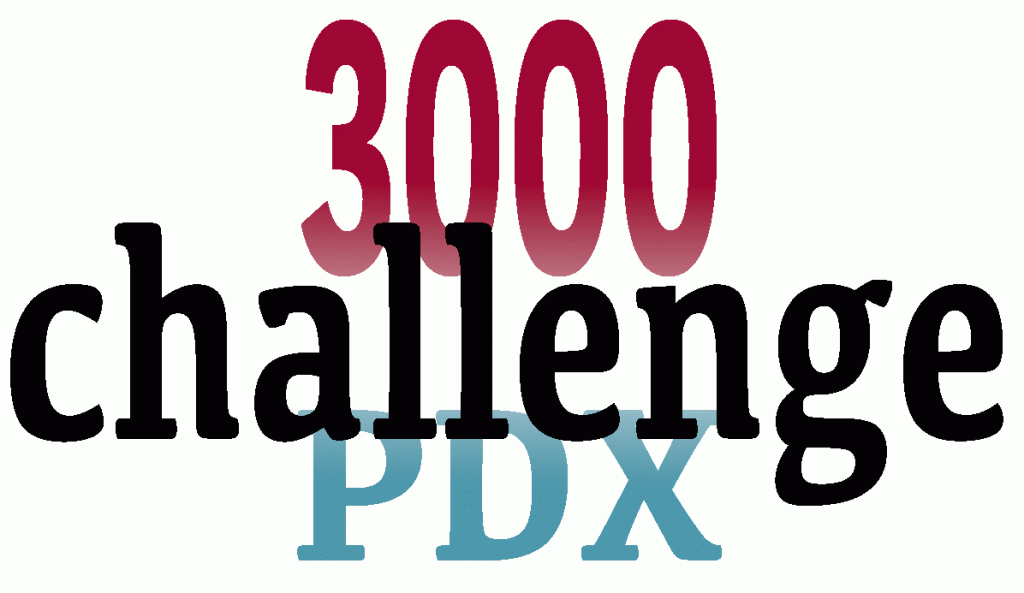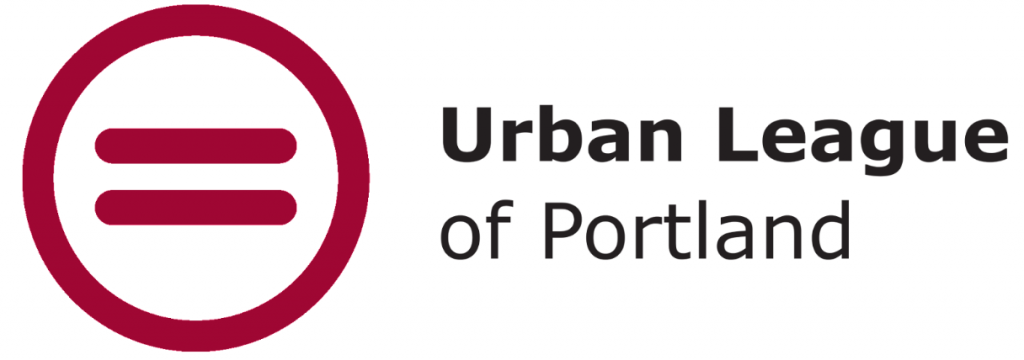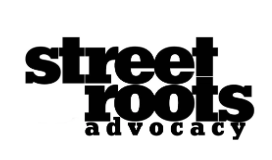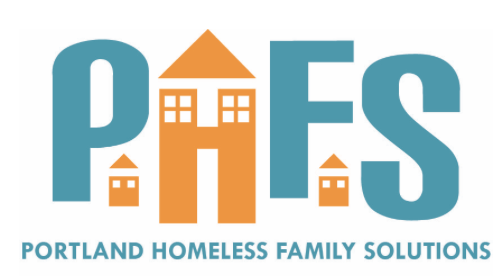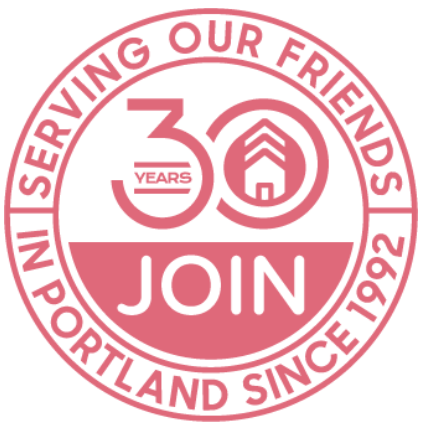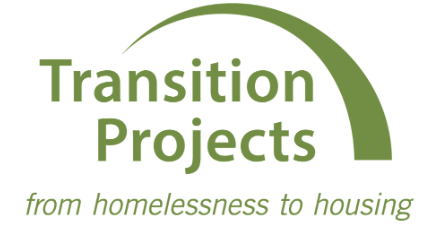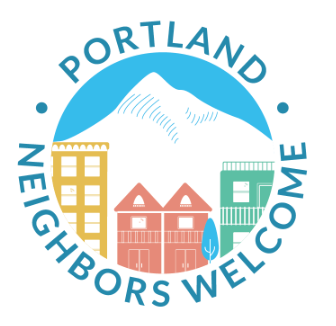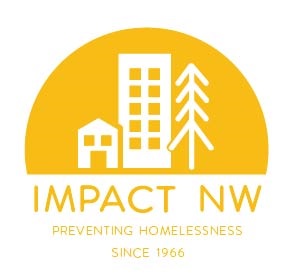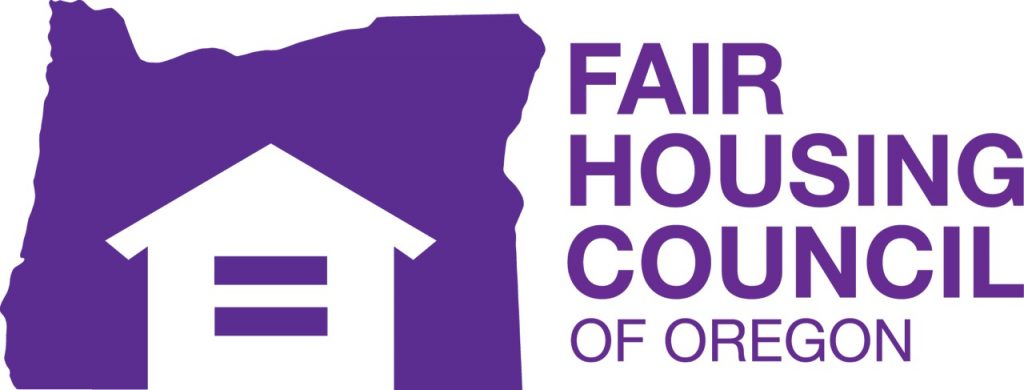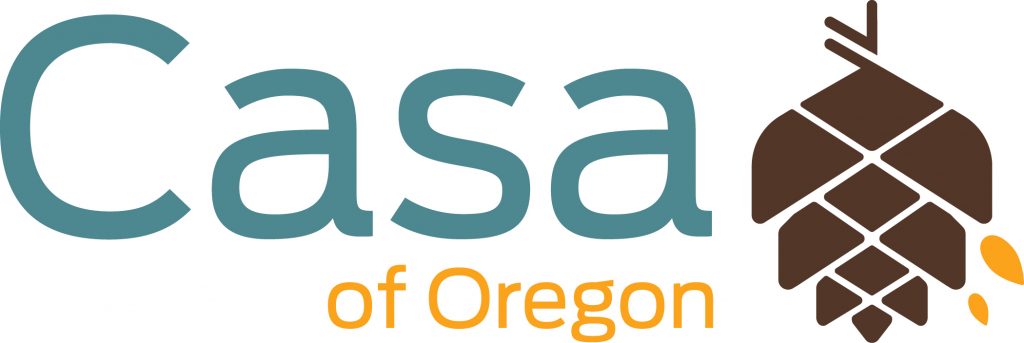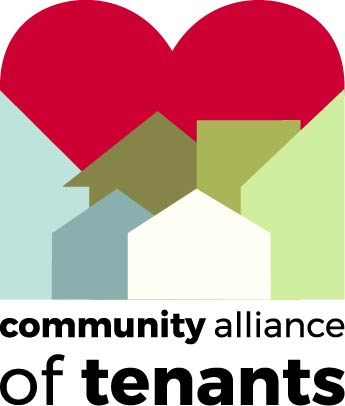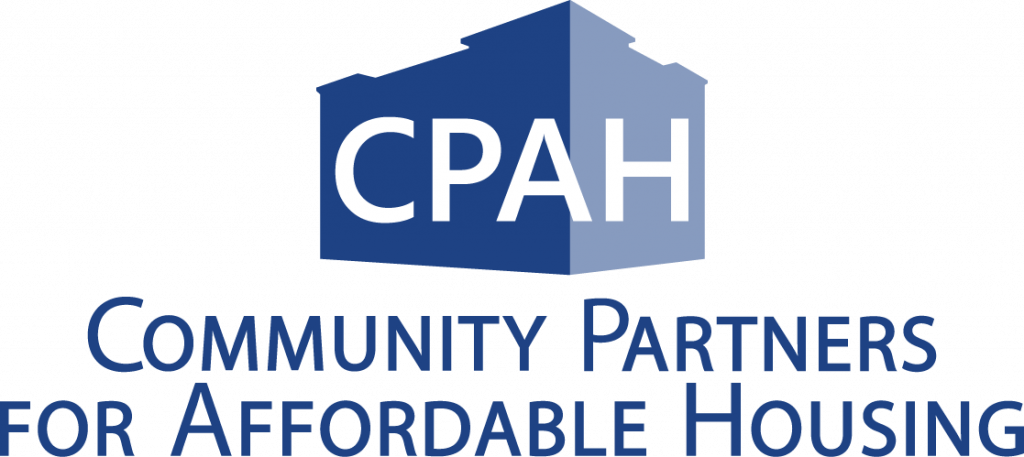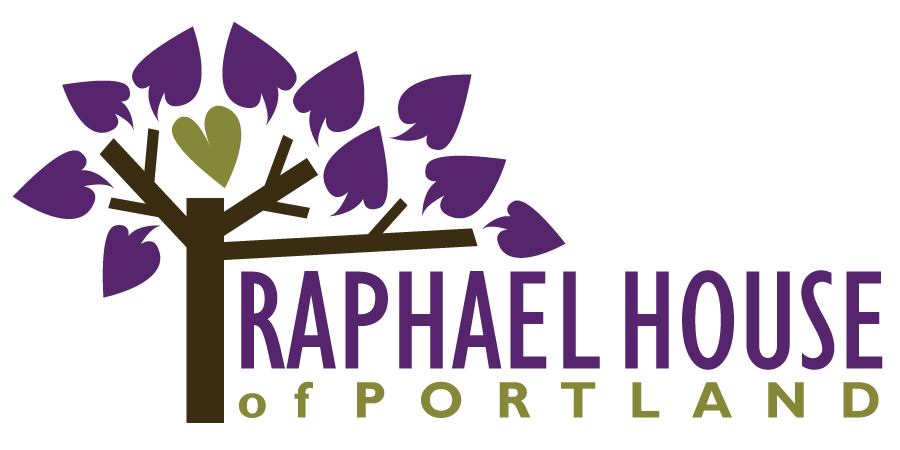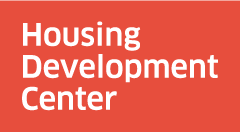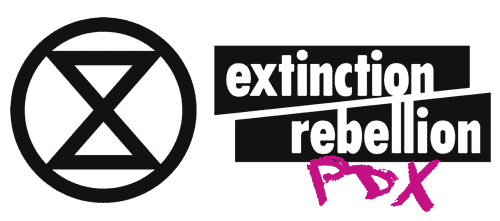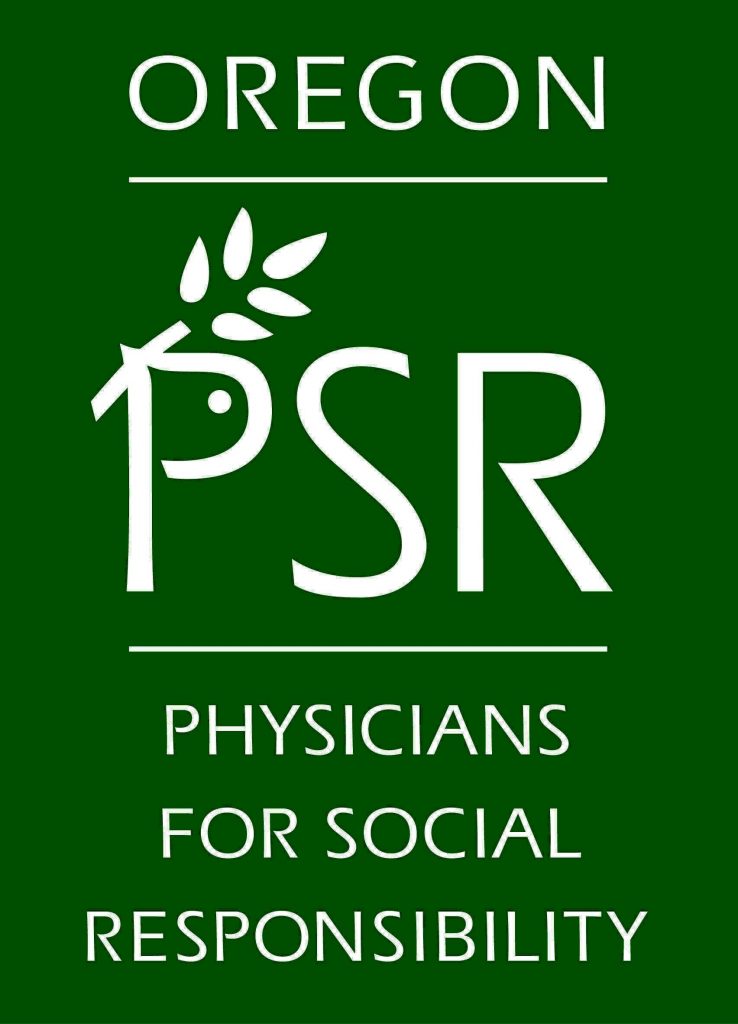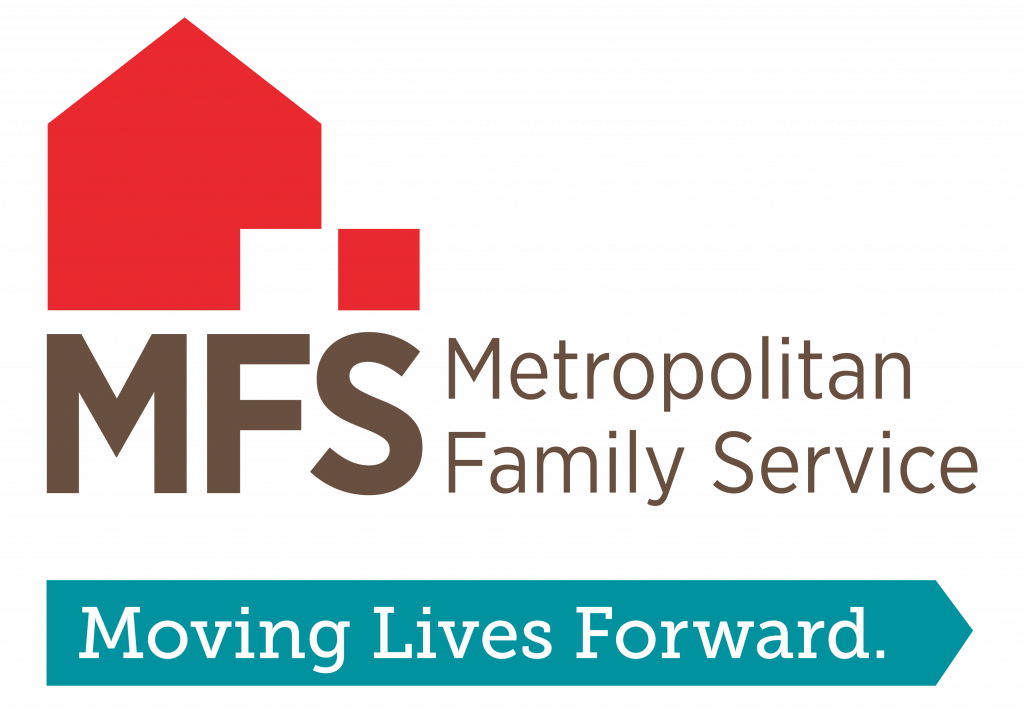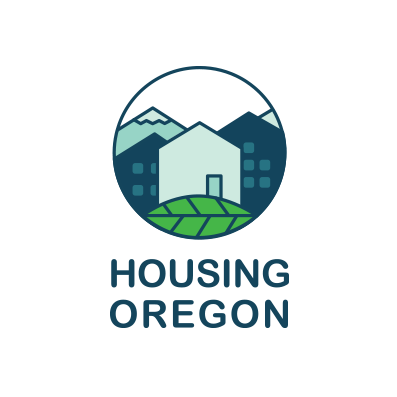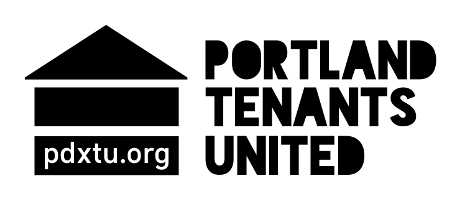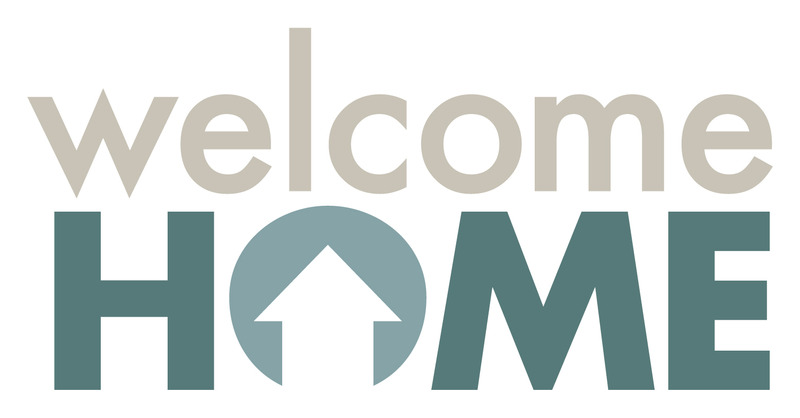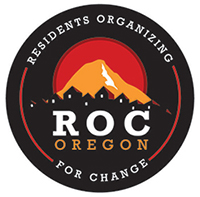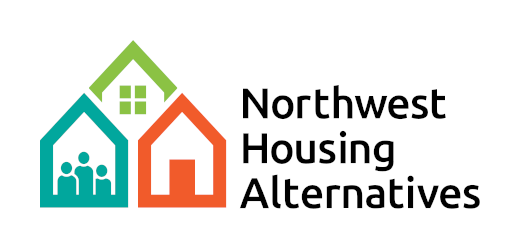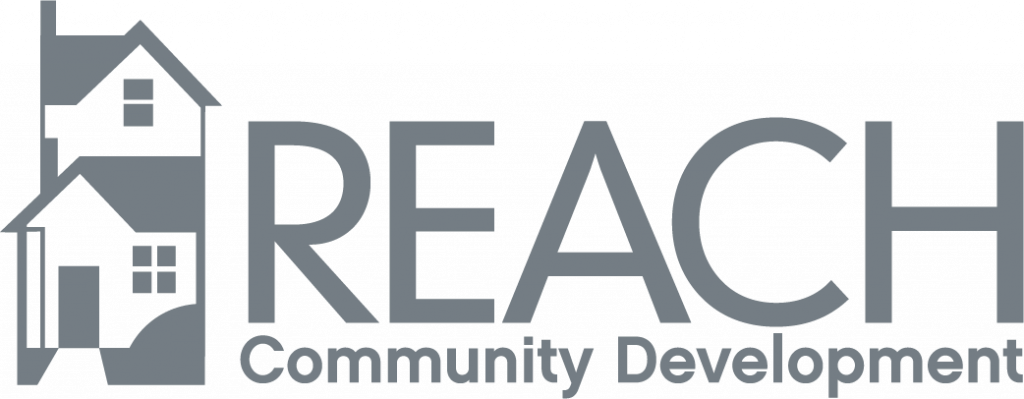Today we are proposing an actionable plan to house 650 unsheltered Portlanders within six months, in already-built motels and existing housing, which can be quickly converted into the supported permanent housing that people need and want.
Here are the full details.
- Short Term Objective: open up 240 units for 500-650 people within 6 months
- Long Term Objective: land banking to build affordable housing, permanent supportive services
- Budget ask: $33M
- Funding: City funding for land banking and acquisition. Ongoing operating costs include Metro Support Services Funds via Joint Office of Homeless Services
Cost per unit:
Based on engagement with local real estate professionals, the average per-unit cost of buildings available today range from $120K-135K per unit. This includes land, community rooms and office space that can be used for programming and staff. It also assumes the furnishing will stay with the building (beds & linens, bed frames, dressers, curtains, washers/dryers, tables & chairs, refrigerators, microwaves & other small appliances – all things that would otherwise have to be purchased with additional funding on top of funding for the property if developing new housing)
Hotel/Motel land and building acquisitions in Portland (examples)
- SE Motel $10.5m purchase for 84 units + 1.6 acres land
- NE Motel: $10.5m purchase for 78 units + parking lot
- NE Hotel #2: $12.5m purchase for 98 units + parking lot
Short-term: # people housed
- SE Motel: 150-175 people (Good design for both singles and families.)
- NE Motel: 100-125 (Good design for single adults or couples.)
- NE Hotel #2: 300-325 (Good design for families.)
Kinds of models
- Transitional Housing – requires some renovation and onsite staff
- Permanent Supportive Housing – requires more renovation and onsite staff
- Short-term shelter – 24-hour, on-site staff, little renovation. Needs commercial kitchen
Background:
Portland Turnkey would build on the accumulated knowledge of State of Oregon’s Project Turnkey
Project Turnkey 1.0:
- Funded with $65 M from state legislature Nov 2020 for people displaced by fires + people who were already homeless.
- Grants/projects managed by Oregon Community Foundation.
- 19 buildings around the state, averaged $87,700 a unit, 865 units.
- Lesson from report: “Such efforts can succeed in months instead of years, and bold, strategic risk-taking pays off.”
- Local example: River Haven, a Central City Concern site, closed on a property in June 2021 and opened to the first wave of residents in September 2021 – 3 month were needed for hiring staff and establishing referral agreements to fill the units.
Project Turnkey 2.0:
- $50M available statewide.
- No guarantee a Portland project would be funded.
